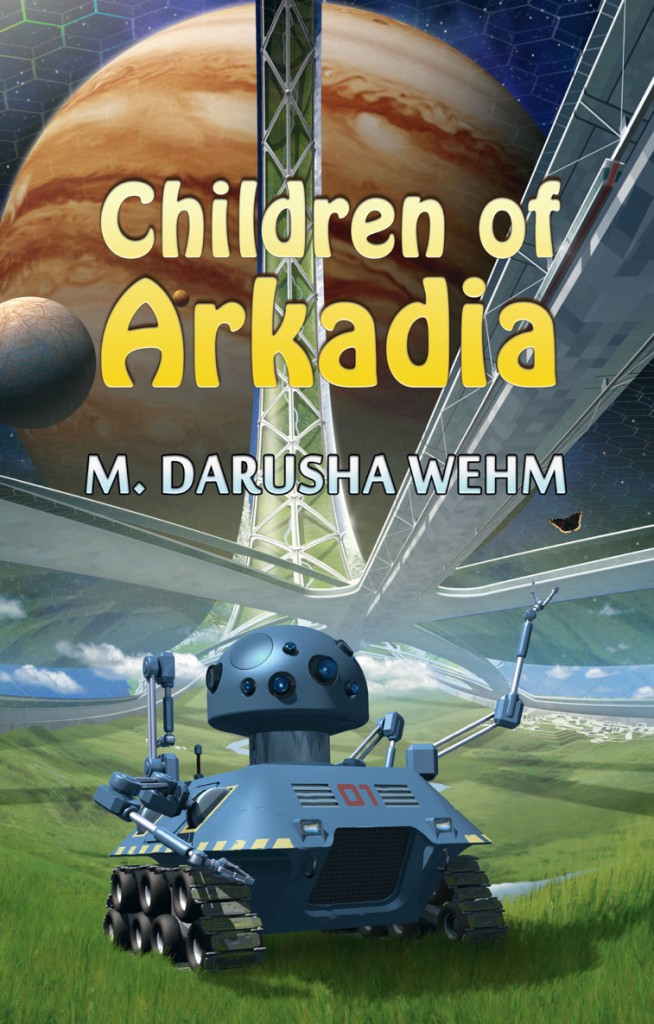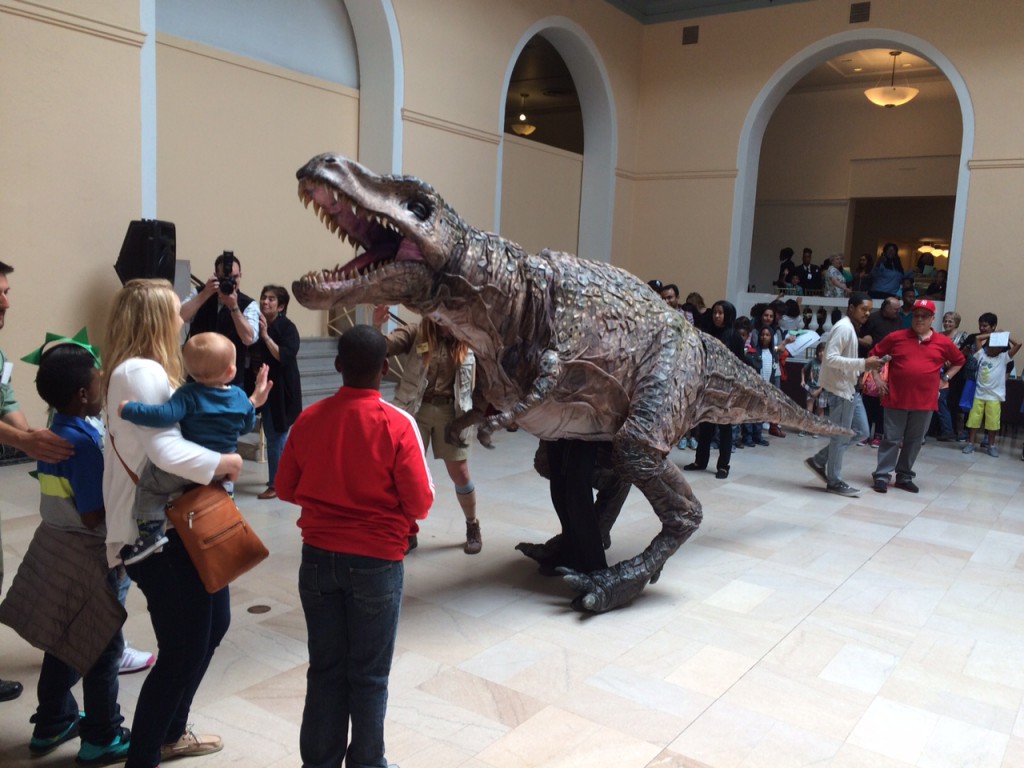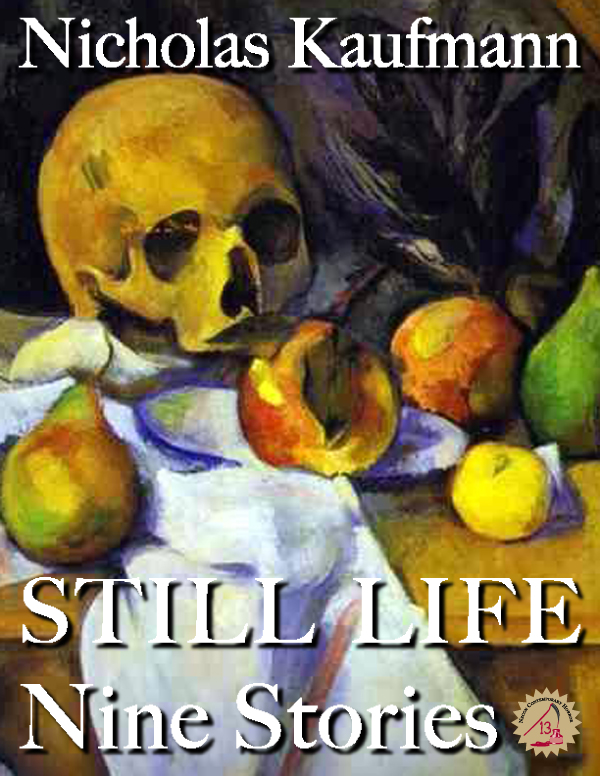This week on The Scariest Part, my guest is M. Darusha Wehm, whose latest novel is Children of Arkadia. Here is the publisher’s description:
Kaus wants nothing more than to be loved while its human counterpart, Raj Patel, believes fervently in freedom. Arkadia, one of four space stations circling Jupiter, was to be a refuge for all who fought the corrupt systems of old Earth, a haven where both humans and Artificial Intelligences could be happy and free. But the old prejudices and desires are still at play and, no matter how well-meaning its citizens, the children of Arkadia have tough compromises to make.
When the future of humanity is at stake, which will prove more powerful: freedom or happiness? What sacrifices will Kaus, Raj, and the rest of Arkadia’s residents have to make to survive?
And now, let’s hear what the scariest part was for M. Darusha Wehm:
Children of Arkadia is a story about a utopia gone wrong. Like all expressions of the ideal, many would argue that the society I imagine in the book was wrong from the beginning; however it is, in many ways, a world in which I’d personally like to live. So I can’t deny that it was difficult, painful, and not a little scary to take my own idea of a better world and make it all fall apart.
The Arkadia space habitat is a double-whammy of wish fulfilment for me: since I was eight years old I’ve wanted to live in space, and since I was a teenager I’ve idly dreamed up better ways of living in community. My background is in political science and I’ve spent countless evenings over coffee or beer arguing about the precise layout of the best of all possible worlds. So it might not be surprising to learn that the first iteration of the novel that would become Children of Arkadia was entirely wish-fulfillment. It was a thin plot with no real conflict that existed solely to prop up this world I’d imagined that was essentially my vision of an orbiting paradise.
It was enjoyable to write but when I finished it I knew it wasn’t a real novel. I knew there was something wrong, something missing, so I put it aside. Years later I returned to that story, those characters and that place, knowing what was wrong. It was that I’d subconsciously come to realize all the little ways in which my lovely utopian society was broken, flawed and utterly imperfect.
It was hard to take this world I’d love to live in and figure out what was wrong with it, but I found that I couldn’t help myself. I don’t know if it was all those years of debating politics and theory, or if the shiny newness of Arkadia had simply worn off, but I was compelled to pick at the seams. I had to move beyond the surface and see what could happen when people of good intentions but different perspectives found themselves in conflict. Can good people do bad things for good reasons? What if people are doing what they believe is right and best, but others disagree? What if you don’t want to be treated the way I want to be treated?
Everyone is the hero of their own story and I realized that even in a world where people honestly strive to be good and kind there will always be conflicts — and those differences could be catastrophic. So I had to make my lovely, perfect space orbital a little less lovely and entirely imperfect.
It’s a scary thing to have to coldly examine one’s own vision of the ideal and see the flaws and pits. But it makes for a much more interesting story. And, ideally, helps to galvanize an idea of how a better world could really be achieved.
M. Darusha Wehm: Website / Facebook / Twitter / Google+
Children of Arkadia: Amazon / Barnes & Noble / Powell’s / IndieBound
M. Darusha Wehm is the three-time Parsec Award shortlisted author of the novels Beautiful Red, Self Made, Act of Will and The Beauty of Our Weapons. She is the editor of the crime and mystery magazine Plan B. She is from Canada, but currently lives in Wellington, New Zealand after spending the past several years traveling at sea on her sailboat.




